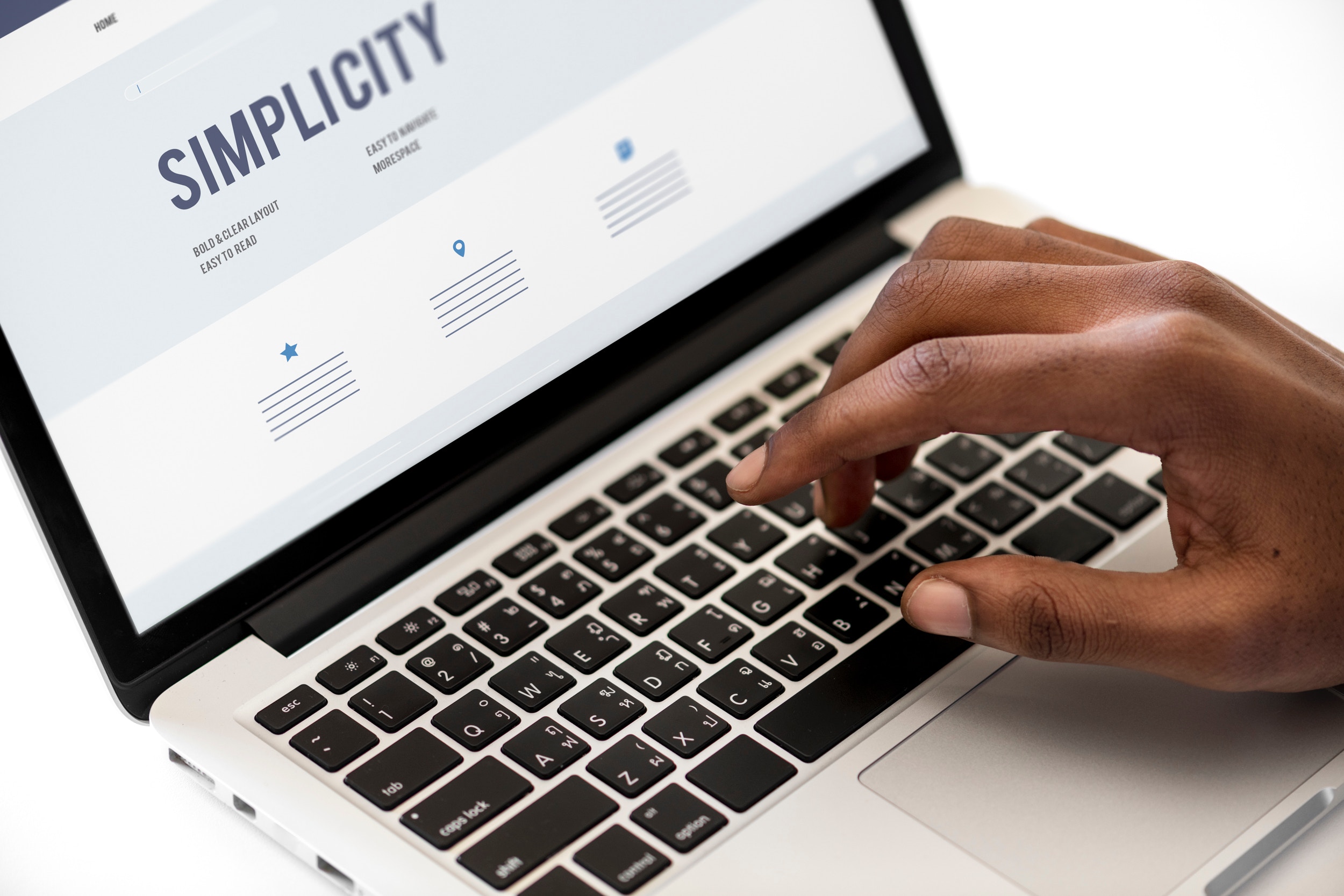Christmas is nearly upon us and it’s a time when most of us get a well-earned break, if not through to the New Year then hopefully for a day or two at least. However, actually taking that break isn’t always as easy as it sounds when work is nagging at the back of your mind. No amount of sprouts, monopoly and Strictly specials can stop you from thinking about that proposal that needs to be submitted in the first week back or how you’re going to achieve next year’s financial targets. So, to help you have the break you deserve, here are my top 5 tips for taking a break.
1.Write a To Do list
It sounds obvious but, if it looks like you’re not going to get everything done that you want, write a To Do list for the New Year. Not only will the act of writing down your tasks make you feel better on a mental level, it will give you a clear plan for what you need to crack on with when you get back to work in the New Year and December seems like a distant memory!
2. Plan your social media
If you want to continue engaging via social media while you’re taking a break then there are a number of options available. Social media management tools such as Buffer are excellent and allow you to schedule tweets, facebook updates, etc. for while you’re away. As an alternative, there are lots of companies who will do these updates for you while you’re away and keep you in touch with your friends and followers.
3. Let your customers know when you are due to go away and – more importantly – when you will be back
If possible let you key clients know when you’re due to be on leave and be sure to put your ‘Out of Office’ on in your email system and update your voicemail to let them know when you will be able to get back to them. Everyone expects you to take a break, but what’s really important is setting the expectation with the client so they know when they can expect to hear from you.
If you really don’t want to miss any calls or delay any email responses then there are other services you can use, which brings me on to:
4. Get some help to complete urgent tasks
There are lots of great independent companies offering virtual PA services that can be invaluable in helping you take a break. Everything from writing and proofing important reports and getting expenses submitted to answering phones and emails as mentioned above can be outsourced.
5. If you want to check your phone/email then do so but only occasionally
I’m aware the generally accepted advice here is to turn off your phone and “don’t think about work until you’re back”. However, it’s not always as simple as that – especially if it’s your own business or you are responsible for an ongoing large deal or key client. Ignoring the phone and email can actually end up making you feel more anxious during your time off. So if you do feel the need to check you messages then do so, but just make sure the phone only goes on occasionally.
I hope these tips help and everyone gets at least a little time off to relax this Christmas.
Merry Christmas and a happy new year!






 I am pleased to be asked to present a session and also chair a further panel discussion on the future of technology and how this will effect Schools, Further Education and Higher Education at
I am pleased to be asked to present a session and also chair a further panel discussion on the future of technology and how this will effect Schools, Further Education and Higher Education at 


